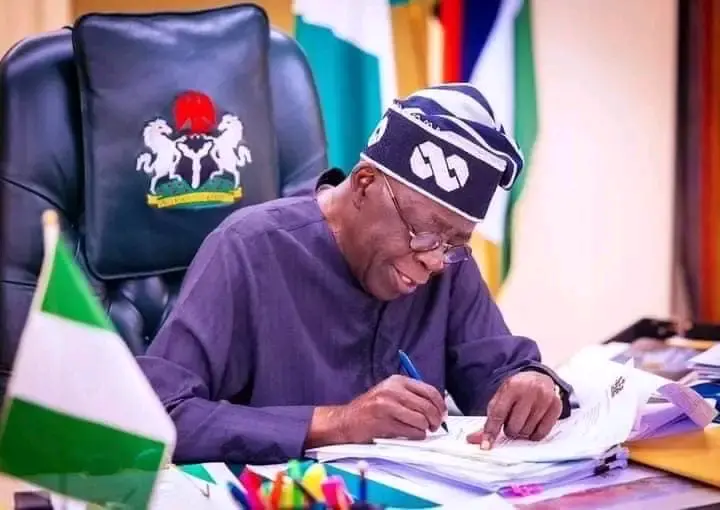CurrentReport Blog In a significant administrative shake-up, President Bola Tinubu has dismissed Mamman Ahmadu from his role as the Director-General/Chief Executive Officer of the Bureau of Public Procurement (BPP). The announcement, made on Saturday by Presidential Spokesman Ajuri Ngelale, marks a pivotal step in the President’s efforts to overhaul the nation’s public procurement framework.
President Tinubu’s decision to relieve Ahmadu of his duties is part of a broader strategy aimed at enhancing the efficiency and transparency of the Bureau. The BPP plays a crucial role in overseeing government procurement processes, ensuring that they are conducted fairly and in accordance with established regulations.
In the official statement, Ngelale emphasized the administration’s commitment to restructuring the BPP:
“This is part of a larger reorganization effort in the public procurement system to reposition the agency for greater efficiency and transparency.”
This reorganization is expected to lead to significant improvements in how public procurement is managed, potentially reducing corruption and improving service delivery in government projects.
Following Ahmadu’s dismissal, the Bureau’s operations will be temporarily overseen by its most senior officer until a new Director-General is appointed. This measure is intended to ensure continuity and stability within the BPP during the transition period.
The statement did not specify who the senior officer is, but it reassured that the transition would be smooth and that the Bureau would continue to function effectively in the interim.
President Tinubu expressed his gratitude to Mamman Ahmadu for his service during his tenure at the BPP. His acknowledgment reflects a recognition of Ahmadu’s contributions and the administration’s desire to maintain a respectful and professional transition.
“The President appreciated Ahmadu for his services and wished him success in his future endeavours.”
The reorganization of the BPP underlines the Tinubu administration’s focus on combating inefficiency and corruption within public institutions. By addressing the leadership and operational dynamics of the Bureau, the government aims to foster a more transparent and accountable procurement system.
This move could have far-reaching implications for how public contracts are awarded and managed in Nigeria, potentially leading to more competitive and cost-effective procurement processes.












